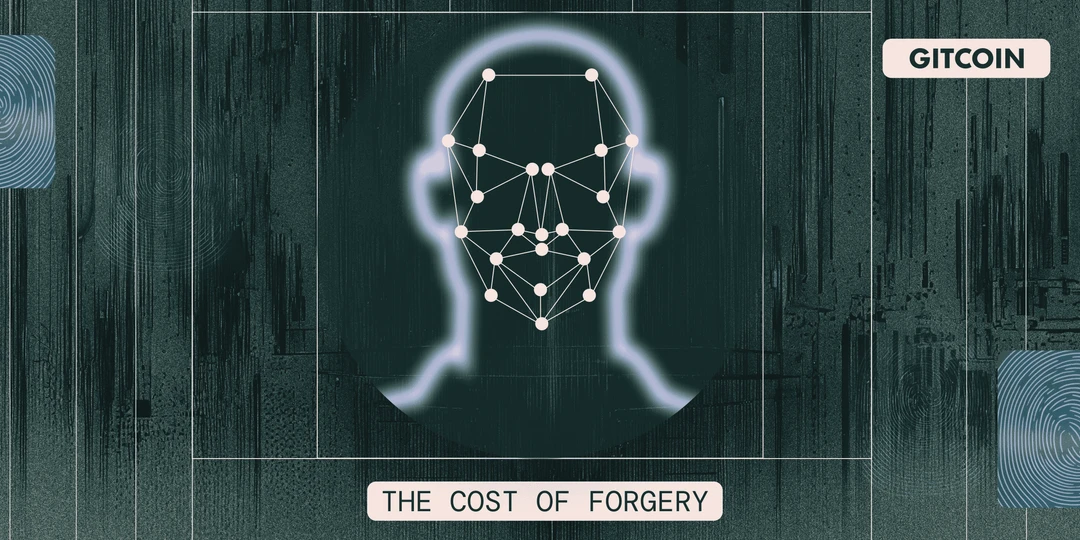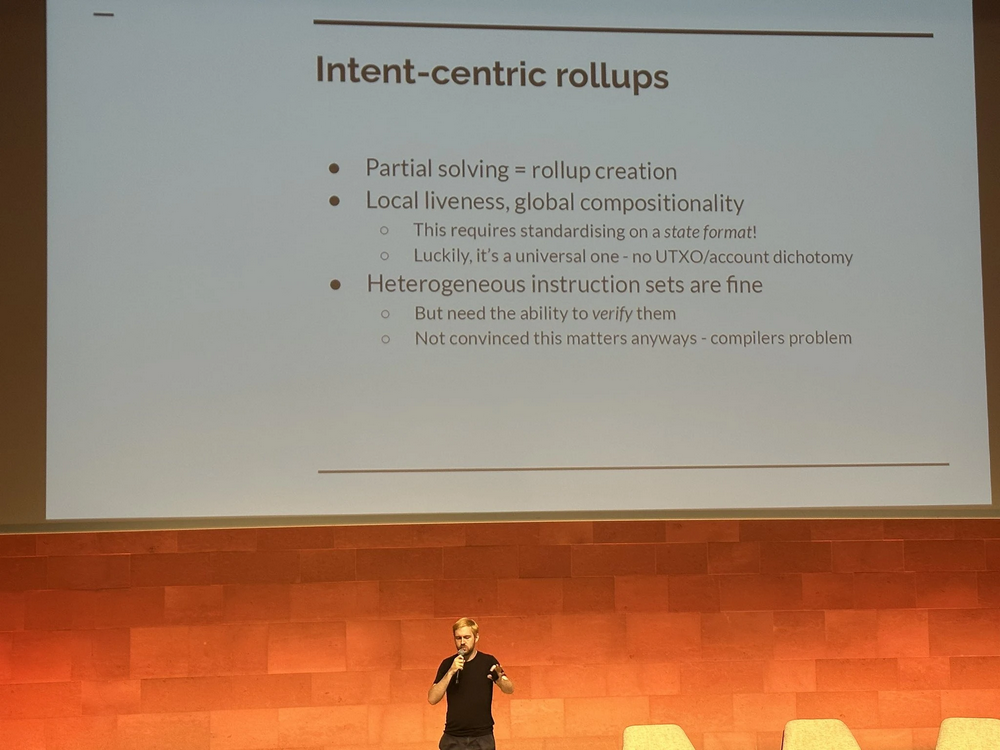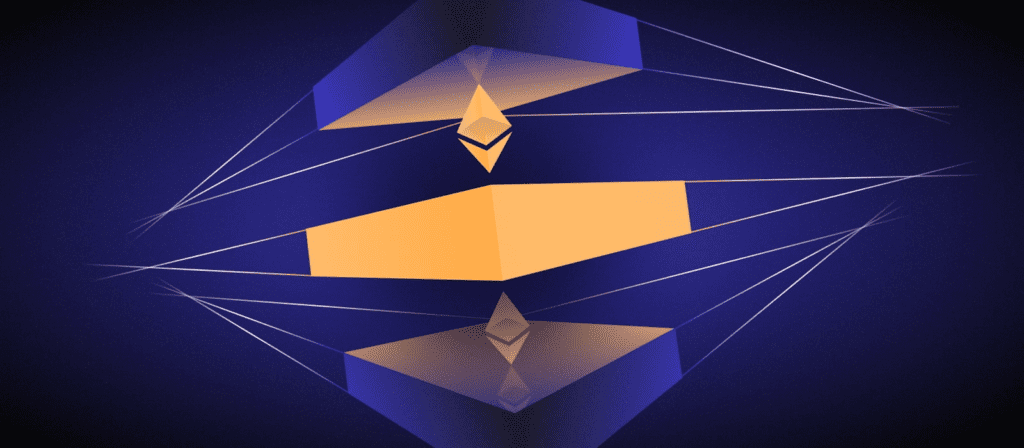Blockchain and quantum computer space
On April 11, Ecuador withdrew its political asylum to the founder of WikiLeaks, Assange, and then the British police arrested Assange. After learning that Assange was arrested, Snowden, a former US Central Intelligence Agency (CIA) employee who revealed the US "Prism" plan in 2013, sent a voice to support Assange.
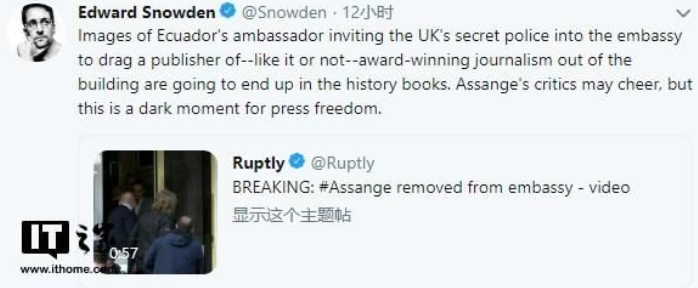
Perhaps Assange’s encounter with Snowden is equally empathetic. Looking back at the Snowden incident, in 2013, Snowden used his authority to use government documents to expose the US National Security Agency’s secret data monitoring called “Prisma”. project. The project collects network communications in the cloud and between servers and email.
Snowden’s e-mails and documents obtained through the “Prism” project were disclosed to the news media by himself, sparking overwhelming criticism, civil liberties protests and angry accusations from the top leaders of the government.
- Blockchain 3.0 Anniversary: Iterating for Landing Applications, Blockchain 3.0 Technology Progress
- Twitter Featured: The UK's largest travel company accepts bitcoin payments; SBI will be removed from BCH
- Blockchain combined with identity authentication, not getting lost in the digital world
In the digital age, the most eternal values are: privacy, security and freedom of speech.
Quantum computer turned out
The definition of quantum computers is by no means an easy task. Quantum computers originated in the 1980s. They used the specific quantum properties of atoms or nuclei to work in the form of quantum or qubits, acting as processors and memories of computers. Qubits interact with each other and are isolated from our environment, and they perform better than traditional computers when performing specific computing tasks.
Photosynthesis, bird migration, and even human consciousness are all studied as quantum processes. In today's classic computing world, our brain thinking and our thinking are input into the computer, which in turn provides feedback on the screen.
Niels Bohr, the Danish Nobel Prize in Physics, once said: "If quantum mechanics has not shocked you, it means you haven't understood it yet.
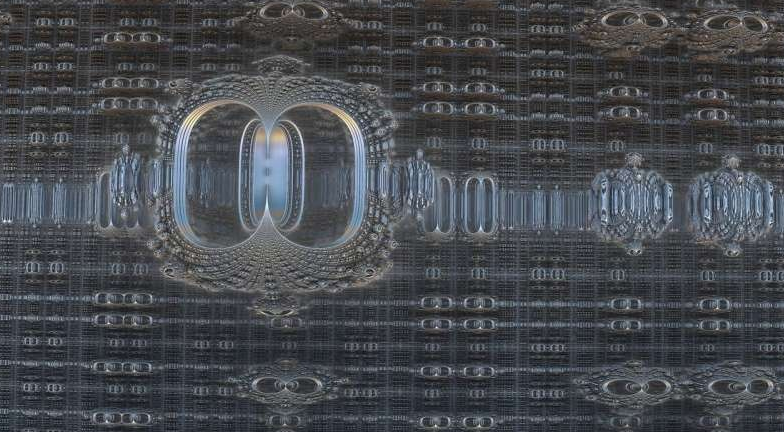
Later, a Nobel Prize winner in physics, Richard Feynman, proposed the concept of quantum computing, which ignited the enthusiasm of the world, and nowadays, the world is vying to use quantum mechanics to develop computers.
Classical computation is constrained by binary code and physical laws. Quantum computing can push a variety of computations—mathematics, science, and engineering—from the world of money to the multidimensional universe of qubits.
A qubit is not a simple 1 or 0 such a classical bit, but a superposition of each combination can be formed, so that many calculations can be performed simultaneously. Therefore, we will enter a world that can respond to many parallel computations simultaneously.
According to one scientist, in a well-structured quantum algorithm, the result is like "a massacre that can eliminate all or most of the wrong answers."
Network hegemony
With the continuous advancement of computers, including the rapid development of quantum computers, the burden of protecting privacy falls on the blockchain, destined to exist as a spear and shield.
It is foreseeable that quantum algorithms are the biggest rivals of Bitcoin and even the blockchain in the future.
Some early supercomputers had about 13,000 tubes, and the Xbox One in the living room had about 5 billion transistors. However, Intel has reported in recent years that the pace of development has slowed down, creating a huge demand for other technologies that provide faster processing speeds to drive the growth of artificial intelligence.
The short-term result is the creation of novel accelerators such as graphics processing unit (GPU) clusters, tensor processor (TPU) chips, and field-programmable gate arrays (FPGAs) in the cloud. But the ultimate dream is to develop a quantum computer.
Traditional computers need to spend 1 billion years to solve today's RSA-2048 encryption technology, but quantum computers can only be cracked in about 100 seconds or less. Fortunately, quantum computing will also completely change the traditional computational encryption technology, making computing more secure, and the horrible computing power is evident.
Craig Mundie, former chief technology officer of Microsoft, is far-sighted. He created a quantum project for Microsoft many years ago, but the corresponding academic process is very cumbersome—first, a theory was published by theoretical physicists. Then the experimental physicist will test the theory and publish the test results.
If the test fails, or if the results do not meet the best standards, the theoretical physicist will examine the experimental method and improve the theory. Then start over again.

Now, the rise of blockchain technology has made people's strong demand for quantum computing accelerate the pace of competition, and the only way to achieve the goal first is to shorten the time between theory, experiment and development.
The research and development of quantum computers has become an arms race, and governments are competing for competition.
According to the "Nature" magazine research report: within ten years, the quantum computer will crack the encryption code of the blockchain and conquer the bitcoin.
Minemaster and quantum computer dance together?
At present, the quantum computer's blockchain security protocol threats led by Bitcoin are not as big as imagined. However, it is not so difficult to crack some of the less secure cryptocurrency private keys. Otherwise, hackers It will not be so rampant in the cryptocurrency market.
The technology of the blockchain itself is constantly evolving. The quantum computer is a government-led heavy project. The input cost can be imagined. If the blockchain does not want to be left behind, the improvement of encryption algorithms and network security optimization in the industry is still urgent.
Whether it is a prism door event, the birth of a quantum computer, or the power of a blockchain, the most important cybersecurity protocol, without security, trust becomes nonsense, no one wants to live in privacy. Under the network and security without any guarantee, that is, the threat of being conquered at any time.

The ultimate solution to the privacy and security dilemma is to ensure mutual trust. The initial goal of using quantum computers and blockchains is to ensure network security and asset security.
British conductor Charles Hezewood talked about the importance of trust in leading an orchestra.
The conductor's tool is the band itself, so when he raises the baton, he must believe that the musician will respond, and the musician must believe that he will create a collective environment where everyone can achieve the best level.
Even he later said with a deep meaning: "Trust is like a bird in his hand, holding it too tightly, it will hurt the bird; if it is too loose, the bird will fly away."
Quantum computers do not have to compete with blockchains. Their genes are all encryption algorithms. This is the same strain. If they kill each other, no one will become a winner. It is their mission and the right path to jointly ensure network security and maintain trust mechanisms under market applications.
(Author: Bitcoin Caesar)
We will continue to update Blocking; if you have any questions or suggestions, please contact us!
Was this article helpful?
93 out of 132 found this helpful
Related articles
- The exchange has a large blockchain governance power – the center of power in a decentralized world
- Twitter Featured: Coin Security decided to take down BSV; ConsenSys seeks $200 million financing
- Community Governance, PoW Workload Proof and Commercialization
- Blockchain reshapes digital identities, which applications are worth looking forward to?
- Babbitt column | After the “no mining”, has the trend of the development of the blockchain industry changed?
- Internet and blockchain revolution: Are we in 1994? What should I do next?
- Domestically, should the blockchain industry standard be released? Li Ming: Misunderstanding, in fact, will publish the international standard for blockchain terminology

